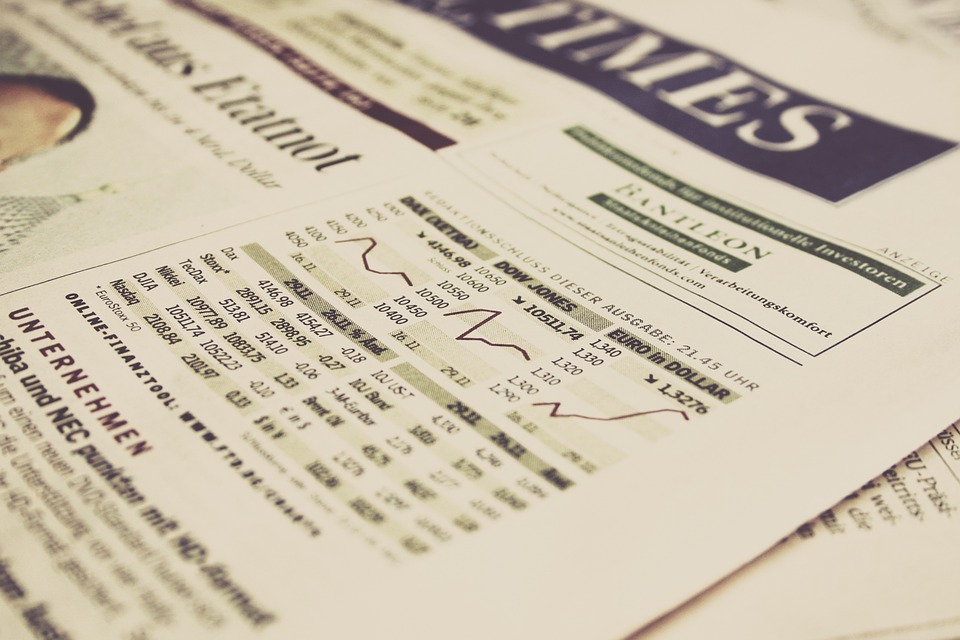In a barber’s chair, you can get an earful from your neighbor. On a Saturday on a recent visit to the states, I got a rather bleak state of the union address as told by Bob, a Chicago native in his fifties, to his haircutter, Afif, a recent immigrant from Dubai. Afif, I noticed, visibly saddened as Bob rattled on and on about the demise of American idealism. “It died long before you ever got here,” Bob told him. From the looks of it, Afif was convinced.
It’s a pity political processes in the U.S. leave many citizens disillusioned with America’s founding ideology. Surely none of us really believe we will one day live in a utopian society, but it’s the incessant evasion of the things we want and vote for and preach to our children that gets us down. After all, isn’t the goal of government to achieve, if not perfection, an upwards slant? What we strive for is “a more perfect union” tomorrow than the one we have today. All we ask for is some evidence of progress.
Perhaps the noun form of hope has been drilled into Americans more than the verb. Hope can’t be read like a fuel gauge; how much we have in the tank is not an indication of how much farther we can go. Rather, hope is something we do. It’s action with risk attached. To hope is intrinsically entrepreneurial. I can’t help but think that as Americans, it’s something we do best.
Many of us are business people. The problem is, we tend to think that’s a bad thing. Popular perception casts capitalism as the Big Bad Wolf in the story — exploitative, greedy, often morally compromising. But then people like John Mackey roll onto the scene. Founder and Co-CEO of Whole Foods, Mackey is re-writing the narrative of business by reclaiming the power of capitalism to generate good — create value.
Despite Whole Foods’ risky angle — a focus on organic, local food without price convenience — it is now a multi-billion-dollar international name. In his book, “Conscious Capitalism,” Mackey explains that the key to their success was a model motivated by something other than money. Profit is necessary for business, he says, but it’s necessary in the same way that the body produces red blood cells. It’s needed, but it’s not the sole purpose.
The purpose is to create value for all stakeholders. Championing the cause of employees, customers, investors and suppliers all at the same time creates what Max Nisen calls a “virtuous cycle.” In looking at the Whole Foods’ model, Nisen explains, the company hires the best people they can, trains them, and then makes an effort to make them happy. If they’re happy, then customers are happy, and if customers are happy, so are investors. When you add suppliers and society as a whole, and work to create value for all of them, you optimize the system, Mackey said. Just trying to make money is suboptimal.
In an interview with Business Insider, Mackey said, “I think probably the most important idea is that business is good but that it can be made better. I don’t think most people realize the value that business creates, they just see what’s wrong with it, or where it fails, it’s held up to a standard of perfection that’s unrealistic.” The problem is not the evasive nature of perfection or achievement, but rather, how we feel about chasing it.
Reclaiming capitalism as our pathway to change in America is proactive and effective, and the beautiful thing is we are already on that path. Simply doing our business better, more creatively, more consciously and more humanely generates the kind of value we crave.
Learn more about Conscious Capitalism: Act Now
John Hoffmire is director of the Impact Bond Fund at Saïd Business School at Oxford University and directs the Center on Business and Poverty at the Wisconsin School of Business at UW-Madison. He runs Progress Through Business, a nonprofit group promoting economic development.
Greta Ballif, Hoffmire’s colleague at Progress Through Business, did the research for this article.





